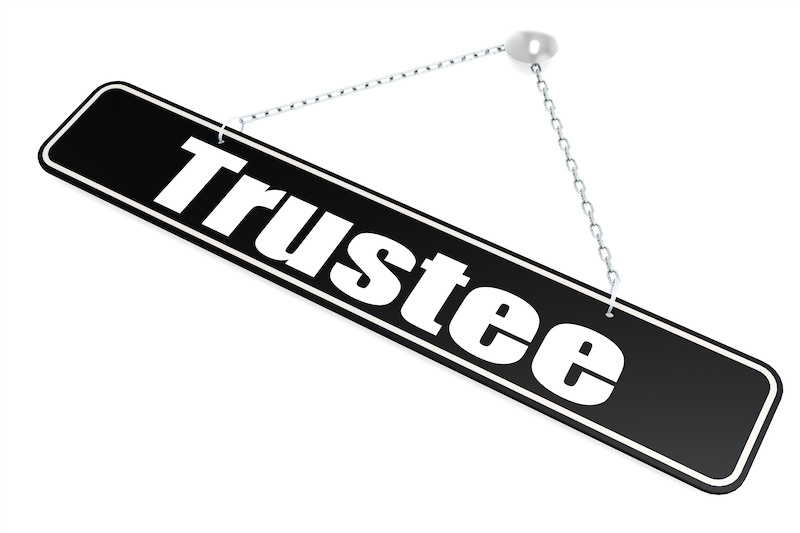
Sitting down to create or update your estate plan can be overwhelming. Crucial to a successful plan is your ability to address two major questions: Who will get your stuff when you die? And how do you want to give away your stuff to individuals or charities?
Ways to Give Away Your Money and Property

Outright Give Away
When it is time for the court to distribute your money and property after you die, your beneficiaries get accounts or properties. The court settles your debts and pays taxes first.
In Trust

Regardless of whether you chose a will or revocable living trust as the tool for distributing your money and property at your death, that document can include a provision holding your beneficiary’s inheritance in a separate trust for their benefit. The court holds a beneficiary’s inheritance in a trust. Therefore, your beneficiary will not receive the inheritance outright. Instead, they receive their inheritance after they satisfy the terms and conditions you created.
Give Away At the Trustee’s Discretion

Creating a fully discretionary trust means that your beneficiary will receive money from their trust share only if the trustee believes it is in the best interest of the beneficiary to receive funds. While this distribution scheme restricts, it also allows a trustee to evaluate the beneficiary’s situation. As a result, lawyers make adjustments to adapt to changing needs.
Deciding Which Gift Method to Use

Depending on who your beneficiary is, some options might be a better fit than others. It is important that you understand who your beneficiary is, what their needs are, and what your desired outcome is.
Charity Gifts
If you want to leave money or property to a charity, you may choose to give the money or property outright, especially if there is a particular goal or defined purpose that you have for the gift. You may also consider leaving the gift outright if you want it used for general charitable purposes, which in many cases, is what a charity would prefer when designating the use of the gift.
Minor Child or Other Minor Loved One

It is usually advisable to leave an inheritance for minor children in trust for their benefit because, in most cases, a minor cannot legally own or manage their own accounts or property. With a trust, you can determine who will manage the inheritance instead of having a judge choose a guardian or conservator to manage the minor’s inheritance.
Adult Child or Other Adult Loved One

Depending on the adult’s situation and the value of the inheritance you would like to leave them, all the options described above could be available to you.
Surviving Spouse

If you are married, you may want everything you have to go outright to your surviving spouse upon your death. Maybe you consider everything you own to be owned jointly with your spouse, you want things to run as smoothly as possible, or you want your spouse properly provided for when you pass away. In addition to the considerations that we discussed for other adult loved ones, you need to consider the likelihood that your spouse may remarry or enter another close relationship with someone and if that affects your decision in any way.
About Skvarna Law Firm in Glendora and Upland, California

Skvarna Law Firm operates offices in Glendora and Upland, California. We provide legal services. We cover San Bernardino, Los Angeles, Orange, and Riverside Counties. This includes several cities. Upland, Ontario, Rancho Cucamonga, Fontana, Colton, Rialto, Chino, Chino Hills, Glendora, Claremont, Pomona, La Verne, Montclair, San Dimas, Azusa, Covina, West Covina, Diamond Bar, Walnut, La Puente, Corona, Norco & Mira Loma. Visit SkvarnaLaw.com to learn more.


